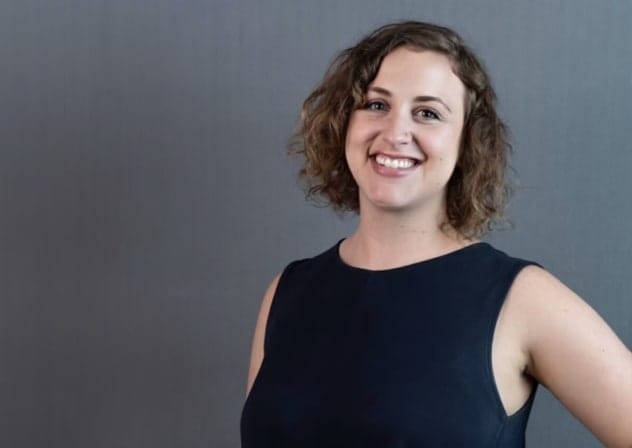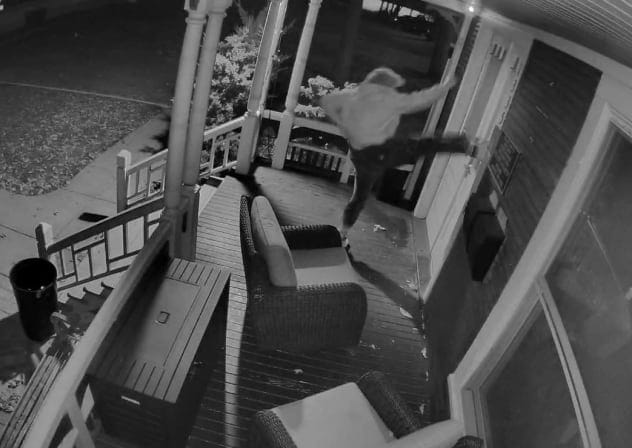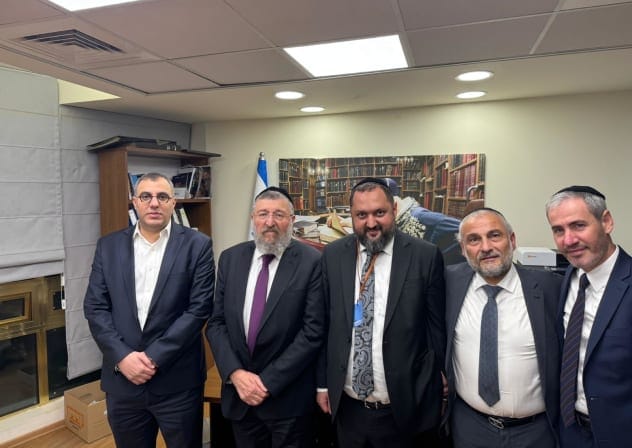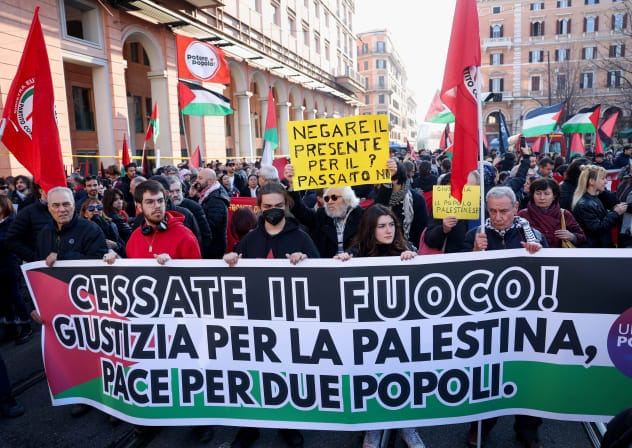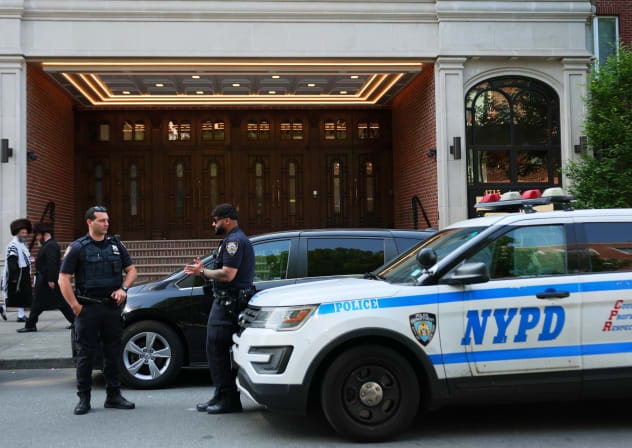Mamdani taps leader of progressive Zionist group to helm Office to Combat Antisemitism
Zohran Mamdani appointed Phylisa Wisdom, head of the New York Jewish Agenda, as executive director of the Mayor’s Office to Combat Antisemitism, drawing mixed reactions from Jewish leaders.
